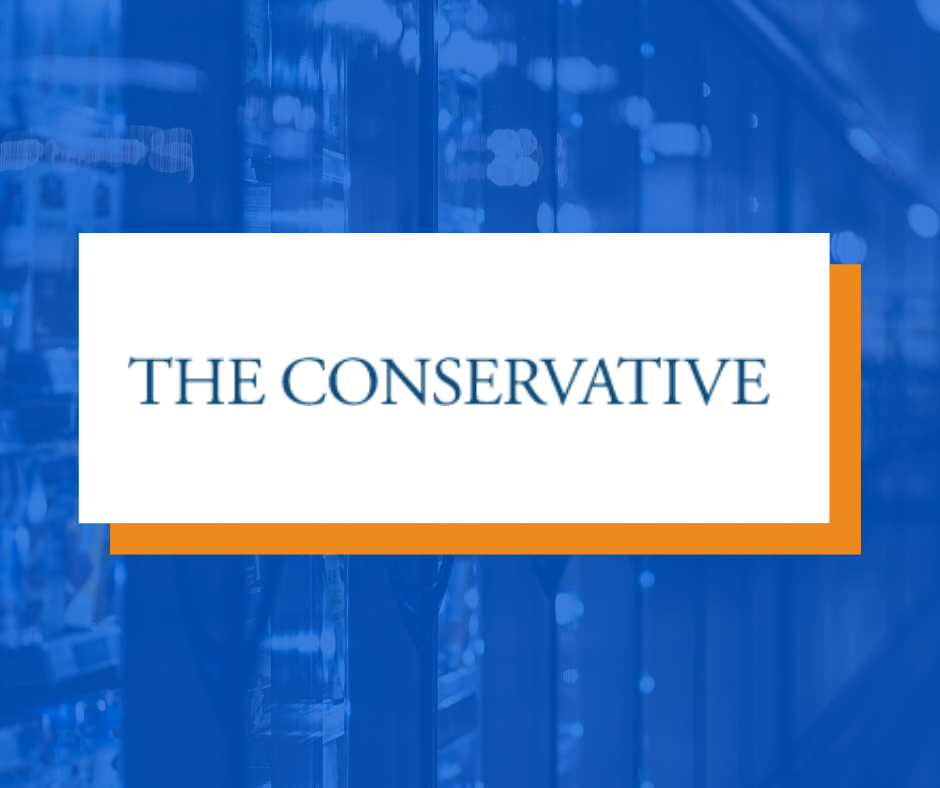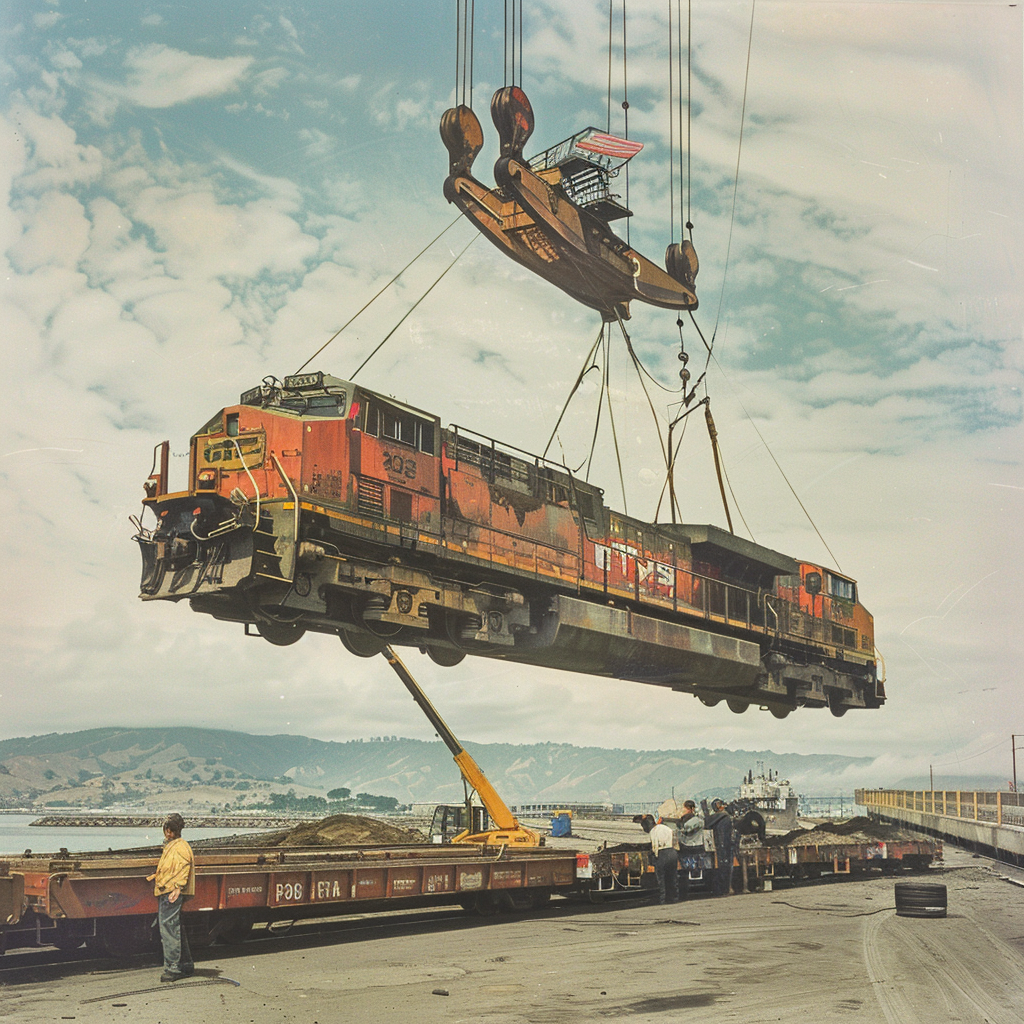If the legal market cannot ensure farmers are able to buy pesticides to protect their crops from various diseases, then the black market fills the gap.
Pesticides are some of the most regulated products in the world. At the same time, if illegal pesticide producers were a single company they would be the 4th largest company in value in the world. Overregulating pesticides doesn’t decrease demand for them. In 2018, the European Union Intellectual Property Office stated that €1.3 billion are lost every year in Europe due to fake pesticides. This translates to €299 million and 500 jobs lost per year in Germany, €240 million and 500 jobs each year lost in France, and €185 million and 270 jobs lost annually in Italy.
Over the period 2011-2018, the sales of pesticides remained stable at around 360 million kilograms per year in the EU. In France, for example, despite the government’s ambition to drive down the use of pesticides, demand for pesticides have risen considerably in the past years. In Poland, the sale of pesticides in Poland in 2016 increased by 12.3 per cent compared to 2011. What this tells us is that as long as that overregulating pesticides only boosts illicit trade.
A quick look at the role of pesticides in farming explains why demand for them persists. Pesticides are instrumental in helping farmers prevent and/or manage pests such as weeds, insects, and plant pathogens. Substantial increases in yields recorded over the past 80 years can be mainly attributed to the use of pesticides. Without pesticides, crop losses would be between 50-80 per cent. Between 1950 and today, the world’s population grew between 1% and 2% each year, and to ensure it can be fed, we have to utilise natural resources in a smart way, and that is what pesticides allow us to do.
However, since the health of consumers is of paramount importance, pesticides need to undergo the necessary rigorous safety assessments by food safety authorities. The main danger associated with counterfeit pesticides – now estimated to represent 14% of the European crop protection – is that they go unchecked thereby endangering the lives of European consumers. Untested products can also lead to considerable harvest lost, resulting in less food security for European consumers.
When it comes to illicit trade in any product, not just pesticides, increasing the customs control and penalty for counterfeiting activities seems like a straightforward solution. Neither of these can fully fix is the issue which, however, doesn’t undermine their significance as a tool to tackle illicit trade. Although we as a society can all agree that fighting illicit pesticides that pose threat to our health should be our priority, very few crimes are taken to courts. For example, in Slovenia, 27,1 tons of illegal pesticides have been detected and seized since 2003 according to the Financial Administration, and yet not a single court case was initiated. In Belgium and Italy, the situation isn’t any better. The justice system should take illicit trade more seriously.
Along with increasing the punishment for illicit trade, it is also necessary to re-evaluate, conjointly with farmers associations the approval of these substances. If outlawing some chemical substance on a member state or the EU level leads to a spike in illegal trade, then a comprehensive discussion to find a solution that works for consumers and producers has to take place. Demand for pesticides won’t simply go away, and we cannot solve the problem of booming illicit trade by turning a blind eye to this fact. We need a compromise to protect the wellbeing of European consumers.
Originally published here.




